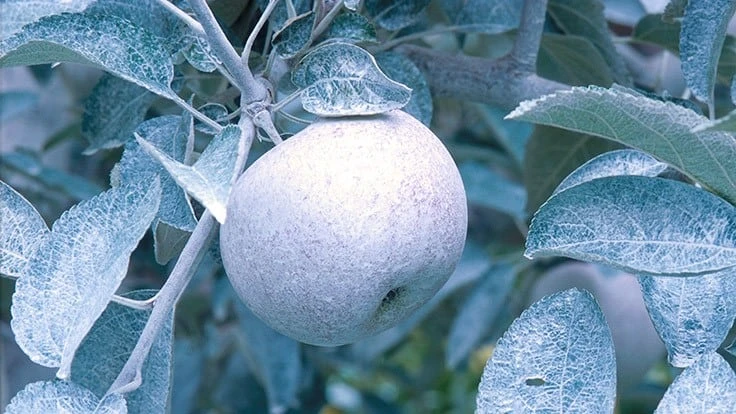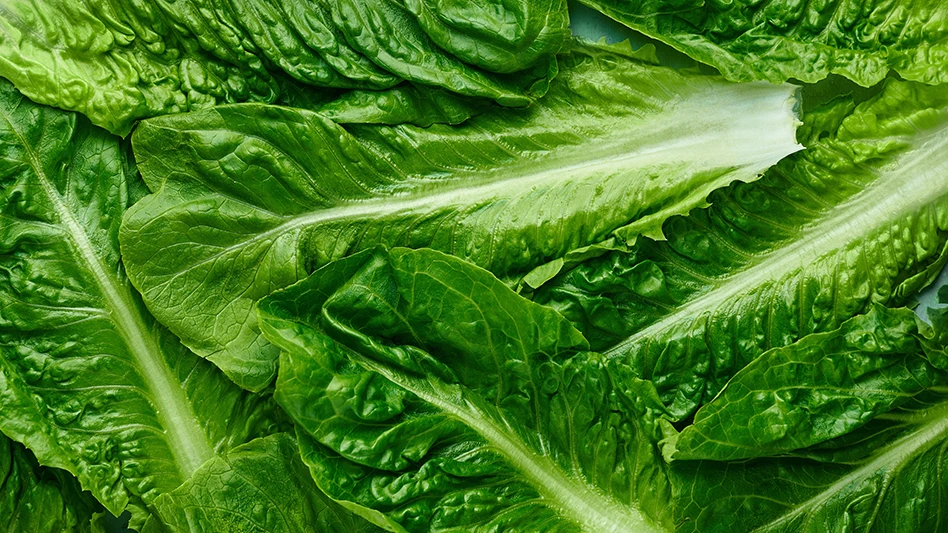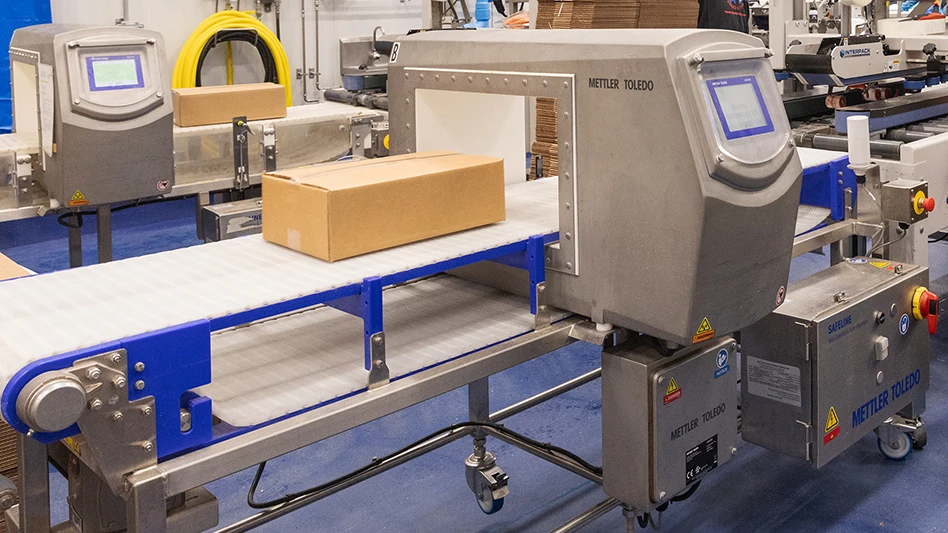
USDA’s Agricultural Research Service (ARS) has brought a number research innovations to consumers. Following are some of its top products:
Fresh apple slices that don’t turn brown. McDonald’s was able to begin offering Apple Dippers—now called apple slices—in 2004 because ARS scientists and partner company Mantrose-Haeuser Co., Inc., developed and patented a coating that keeps peeled apples from browning without changing their texture or flavor. The coating can keep spoilage at bay for up to three weeks. Now McDonald’s buys more apples than any other food-service operation, purchasing more than 240 million pounds of fresh apples a year. While the coating, which goes by the name of NatureSeal, was developed for use on apples and pears, its use has been expanded to over 30 different fruits and vegetables, including avocados, potatoes, peaches, and romaine lettuce. For home use, consumers can buy NatureSeal online.
Seedless Grapes: Red, Green, and Black. ARS practically invented the red seedless grape industry for the U.S. consumer when agency scientists developed the Flame cultivar in 1973. It set the standard by which all other red seedless grapes would be judged. Flame was followed by Crimson in 1989 and then Scarlet Royal in 2005, varieties that extended the harvest season. ARS scientists also improved green seedless grapes by developing Autumn King. Year after year, of the top 10 varieties that are the country’s $1.83 billion of seedless table grapes, more than half are ARS developed. In 1983, ARS invented seedless black grapes, which are a hybrid of white (green) Thompson Seedless grapes and the Concord—the jelly grape. Christened Thomcord in 2006, it has a “labrusca” flavor similar to the Concord, but mellowed by a mild, sweet taste. Autumn Royal, another seedless black variety, has large grapes that ripen in late September to mid-October.
Biodegradable motor oils and industrial lubricants from estolides (vegetable fatty acids). In an 18-month, 150,000-mile field trial, estolide-based motor oils demonstrated that they keep engines looking cleaner and deposit minimal varnish compared to conventional motor oil.
These “biosynthetic” oils have many possible uses as gear and chain oils, hydraulic fluids, and greases and cosmetics uses, often outperforming their petroleum-based counterparts in similar applications. In addition to their high-performance properties, these renewable oils are biodegradable and nontoxic. Estolides were compared to 11 current mineral oil-based crankcase lubricants on the store shelf. Only two commercial motor oils, with retail prices near $4.00 per quart, outperformed the estolide with an estimated cost of $1.59 per quart. New CocoEstolides are plant-based emollients that combine high stability and exceptional moisturizing. They impart a light satiny feel, excellent absorption, and superior functionality as an emollient. For more information.
Sunscreen for Trees. ARS researchers invented Surround, which works almost like a spa treatment to protect trees from sunburn, heat stress, and insects. The clay-based coating can be used like a spray sunscreen primarily for orchards, but it also works on home/yard trees. The clay particles create a film barrier against pests, sun, and heat, which leads to more efficient photosynthesis and reduces pesticide use. For more information.
Tough Turf Grasses. From professional football teams like the Tennessee Titans to World Cup soccer to your neighborhood sports fields and golf courses, playing surfaces are covered in turf grasses developed by ARS research. TifSport Bermuda grass tolerates frequent low mowing and recovers quickly from wear and tear, which has made it ideal for football fields and lawns. Tifblair centipede grass survives prolonged severe winter temperatures, is low maintenance, and needs only a small amount of fertilizer, making it a popular choice for landscapes, roadsides, commercial lawns, parks, and airports. A third-generation Bermuda grass variety developed by ARS, TifEagle grows into the premier putting surface for golfers, along with TifTuf, which is the most drought-tolerant Bermuda grass around, needing 38% less water. It is becoming the new standard for golf courses because it greens up early and maintains its color well into the fall. For more information
"Trim" Products for Food and Health. A series of highly effective ingredients—Oatrim, Nutrim, Z-Trim, and C-Trim—made from oat and/or barley bran, were designed as fat substitutes, especially in bakery products. They also increase the soluble fiber content in foods. These “trim” products are rich in beta-glucans, which have been shown to lower cholesterol and help with blood sugar control in some people. Nutrim is available from FutureCeuticals Direct while Z-Trim is expanding its markets, including USDA’s school lunch program.
Less Ammonia, Better Air and Water Quality. Al+Clear is an ARS-developed treatment for poultry litter. Large poultry operations throughout the Southeast are using it to clear the air of ammonia. For poultry producers, using Al+Clear also can improve bird weight gain, enhance feed conversion, and reduce mortality rates. In addition, cutting ammonia emissions reduces the need to ventilate poultry houses, saving producers propane and electrical energy costs. When used as fertilizer, litter treated with Al+Clear also results in improved crop yields and less phosphorus runoff, which improves water quality. Horse folks have discovered Al+Clear's ability to control ammonia in stalls, especially in the high-dollar racehorse industry.
Blood Sugar Control. ARS developed a complex of chromium and the amino acid histidine for use as a dietary supplement. It may help with glucose control for people who have elevated levels of blood sugar. You can find it on the market as Chromax.
Latest from Quality Assurance & Food Safety
- USDA Announces New Presidential Appointments
- FDA to Phase Out Petroleum-Based Synthetic Dyes in Food
- IFT DC Section to Host Food Policy Event Featuring FDA, USDA Leaders
- CSQ Invites Public Comments on Improved Cannabis Safety, Quality Standards
- Registration Open for IAFNS’ Fifth Annual Summer Science Symposium
- Leaked White House Budget Draft Proposes Shifting Inspection Responsibilities from FDA to States
- Chlorine Dioxide: Reset the Pathogenic Environment
- Ferrero Group Invests $445 Million in Ontario Production Facility





